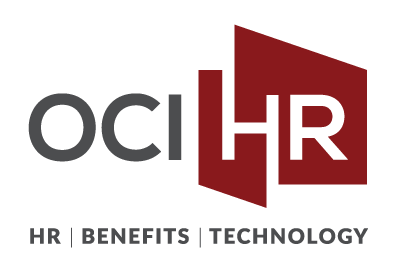Owning a business is risky business.
By nature, humans are creative. We like to build big beautiful buildings, turn a white canvas into a beautiful work of art, discover new worlds and new technologies, and invent new ways of doing things. These creative ideas often lead to a business, which often leads to jobs for men and women looking to provide for their families. Most people who start a business never stop to consider the liability, the regulation, the insurance, the taxes, etc that go along with owning a business. If they did, many of them would stay on the sidelines.
So how can a business owner not only survive, but thrive? Well, there are many theories on this subject. Just Google the subject and you will have hundreds, if not thousands of suggestions!
This particular article is about understanding how a business can thrive by “reducing risk.” By looking at where others have failed in business, you can get a view that tells you what to do and what not to do. A lot of business owners get into the trap of just producing a product and forgetting about the stuff they hate do. Things like, adhering to regulations, paying taxes, providing solid human resources for their employees, employee benefits, compliance, insurance etc. Unfortunately, those are the things that can turn your creative dream into a nightmare!
Here are a few tips that may help along the way.
- Hire a good CPA. I know a new business has to watch the budget and hiring the best is not always feasible, but make sure you interview three or four and get some recommendations from friends, and if possible, some people in your industry. Once your business starts growing, don’t be afraid to upgrade if needed.
- Find the right insurance agent. Interview, interview, and if you still aren’t sure, interview again. The management of your insurance can affect thousands of dollars in savings or loss and determine whether or not you are properly covered. Again, ask for recommendations and don’t be afraid to shop around if you don’t feel like you are getting the attention you deserve. Make sure your agent/agency is properly educated on your needs and your industry.
- Outsource the things you don’t do well or that you don’t have the time to deal with. Things like payroll, human resources, compliance, employee benefits administration, job descriptions, time and attendance, employee handbooks, etc are better left to the experts. A good Professional Employer Organization (PEO) or a good HR company has the expertise to handle these tasks at a much lower cost than a small business can provide. It will give you the ability to redirect your time and energy back into your creative business.
Owning a business is risky business! But, it’s also very rewarding and it’s a dream worth pursuing!

